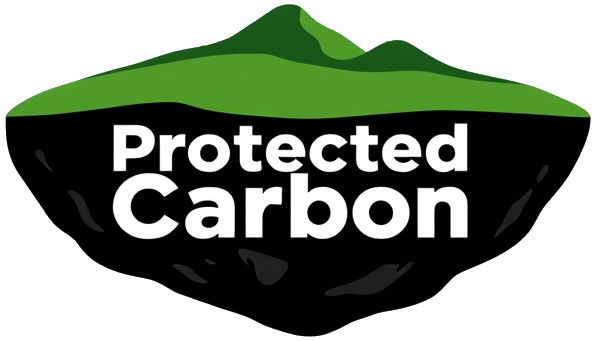Protected Carbon has a lot of data: data on extraction projects in protected areas, data on the companies behind them, data on fossil fuel deposits under protected areas, maps, and more maps. It can be overwhelming!
Our team has created quick and straightforward summaries for each country to combat this information deluge. For example, on Australia’s page, you can find a country’s potential CO2 emissions from fossil fuel projects in its protected areas. You’ll be able to see the oil, gas, and coal companies profiting from these destructive activities and track planned projects in protected areas currently free from extraction. You can even jump straight to the map to see the information visually.
Dive in and find out where your country stands!
Contact our team to learn more about a country’s status, suggest corrections, and collaborate further.

FAQ:
I can’t find my country, or there is no data for my country. Why?
This can happen for two reasons. The country may not have any identified extraction projects or deposits within its protected areas. Or, we may need more data for that country. Our analysis is based on the best data we can find (or afford, in some cases), and we are always looking to improve our methods and sources. Please get in touch with any suggestions!
How did you create this?
Our country summaries pages pull their information directly from our data tables (extraction, companies, deposits, startup dates) and are therefore in sync with new updates as we release them. Please look at our data page for more info on methodology and sources.
What will you add in the future?
In addition to regular updates of the presented information, we are planning further features, including the ability to subscribe to a page for updates via email, additional removal of empty entries, and a companion resource organised by the company (rather than country).
I’ve found something wrong, suspect, or missing. Who do I contact?
Building a global resource like this is an enormous undertaking, and we’ve likely made mistakes and missed some sources. You can learn more about our current methods and sources on our data page. Your feedback is essential to improving our project and the projects we rely on for data (since we share corrections with them). Please get in touch with our team, and we’ll get back to you.

